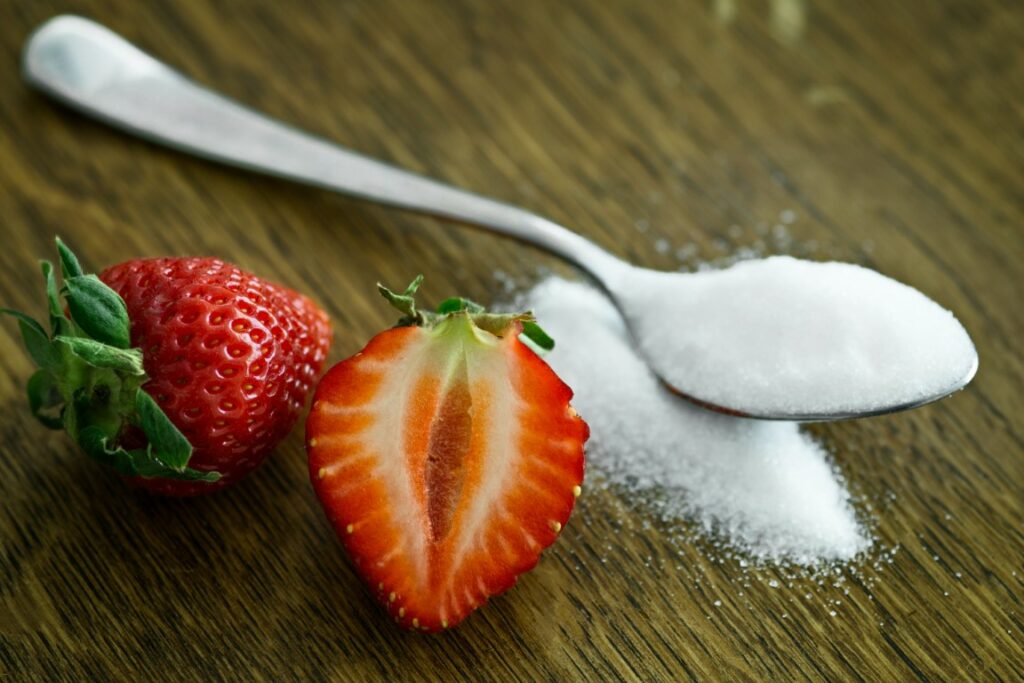Electrolytes are minerals that dissolve in water and conduct electricity. They are essential for many physiological processes in the body, including muscle and nerve function, hydration, and blood pressure regulation. Some common electrolytes include sodium, potassium, magnesium and chloride.
When it comes to electrolyte drinks and supplements, some products contain added sugars while others do not. The addition of sugar to electrolyte supplements is a controversial topic, with both pros and cons to consider.
One potential benefit of adding sugar to electrolyte drinks and supplements is that it can help to increase the absorption of the electrolytes. Sugars, specifically glucose, can help to transport electrolytes across the gut and into the bloodstream, where they can be utilized by the body. Additionally, sugar can also provide energy during endurance activities, which can be beneficial for athletes and individuals engaging in physical activity.
On the other hand, there are also potential downsides to adding sugar to electrolyte supplements. Consuming added sugars in excess can lead to weight gain and an increased risk of chronic diseases such as diabetes and heart disease. Additionally, many individuals are trying to reduce their sugar intake and may prefer electrolyte supplements that do not contain added sugars.
When it comes to scientific studies, there is mixed evidence on the effectiveness of electrolyte supplements and drinks with added sugar. Some studies have found that the addition of sugar can increase the absorption of electrolytes, while others have found no significant difference in electrolyte absorption between sugar-sweetened and sugar-free electrolyte supplements.
It’s important to note that electrolyte supplements with sugar can provide energy during endurance activities, but consuming them in excess can lead to weight gain and other chronic diseases. Additionally, some individuals may prefer electrolyte supplements without added sugar. The best way to decide is always to consult with a healthcare professional, as they can help you to evaluate your individual needs and provide personalized recommendations.

In endurance sports, the goal is to maintain blood sugar levels to provide energy to the muscles. To achieve this, it is important to consume carbohydrates, which are the body’s primary source of fuel during endurance activities.
There are different types of carbohydrates that can be consumed before, during, and after endurance activities, and the best option will depend on the individual and the specific activity. Some options include:
It’s important to note that each type of sugar has its own absorption rate, taste, and possible side effects. Additionally, it’s always best to consult with a healthcare professional or sports dietitian before making any decision on what type of sugar to consume during endurance activities. They can help you to evaluate your individual needs and provide personalized recommendations.